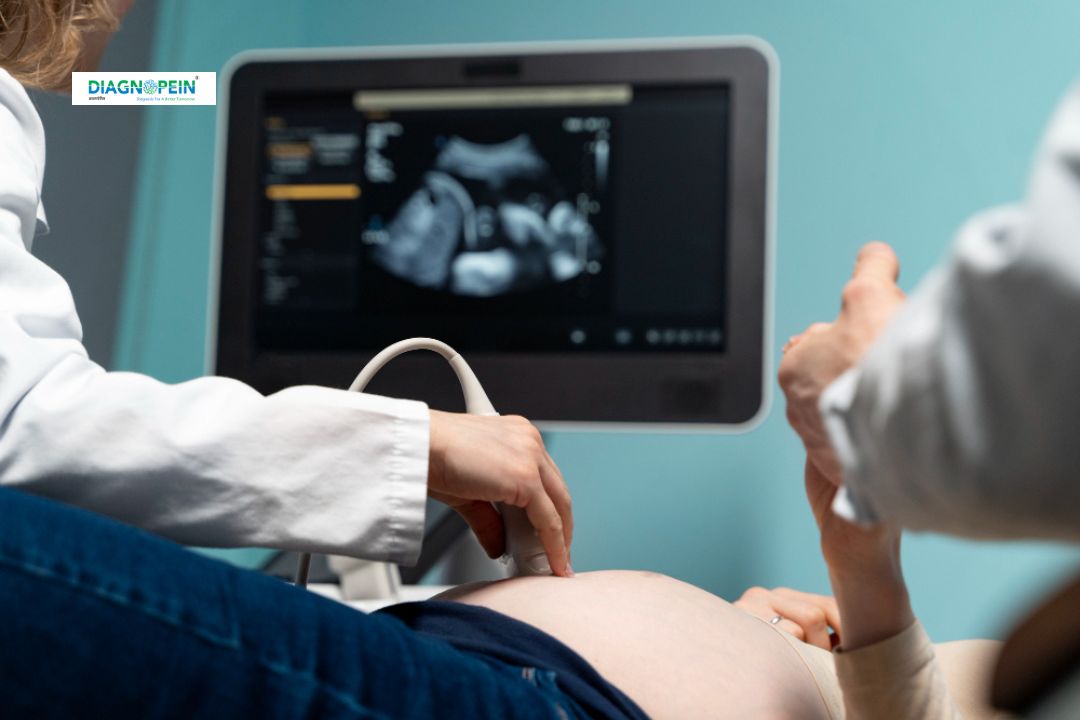Why USG OBS BPP is Important
The USG OBS BPP test is recommended for pregnant women, especially during the third trimester, when monitoring fetal health becomes more critical. This test provides detailed information about how the baby is adapting and responding to its environment.
The Biophysical Profile test helps identify conditions like reduced oxygen levels, abnormal fetal movements, or insufficient amniotic fluid. Early detection through USG OBS BPP enables doctors to intervene promptly, ensuring better pregnancy outcomes. This test is particularly beneficial for high-risk pregnancies, gestational diabetes, hypertension, and cases with abnormal Doppler findings.
Key Reasons to Perform USG OBS BPP:
-
To assess overall fetal health and wellbeing
-
To monitor fetal movement and breathing
-
To check amniotic fluid levels and placental function
-
To reduce risks of pregnancy complications
Benefits of USG OBS BPP
Undergoing a USG OBS BPP test offers multiple benefits for both mother and baby.
-
Non-invasive and completely safe for the fetus
-
Provides a detailed visual assessment of fetal motion and activity
-
Determines whether the baby is getting adequate oxygen in the womb
-
Detects possible fetal distress, allowing timely medical action
-
Can be performed at any stage, especially useful in late pregnancy
The USG OBS Biophysical Profile helps track health indicators that directly reflect the baby’s neurological and physical maturity, guiding obstetricians to make informed medical decisions.
Procedure: How USG OBS BPP is Performed
The USG OBS BPP test is performed using an ultrasound machine with a high-frequency transducer. The mother lies comfortably on an examination table while the sonographer applies ultrasound gel on the abdomen and moves the probe gently to capture fetal images.
Steps in the Procedure:
-
The ultrasound evaluates fetal breathing, movements, tone, and amniotic fluid.
-
A score (usually 0 or 2 points) is assigned for each parameter based on the observation.
-
The total USG OBS BPP score ranges from 0 to 8 or 10, depending on whether a non-stress test is included.
-
A score of 8–10 is normal, while lower scores may require closer monitoring or medical action.
The entire USG OBS BPP scan takes around 30–45 minutes and provides real-time insights into fetal wellbeing.
Parameters Measured in USG OBS BPP
The Biophysical Profile (BPP) uses five key parameters to assess fetal health:
-
Fetal Breathing Movements: Determines rhythmic movement of the baby’s chest or diaphragm.
-
Fetal Body Movements: Evaluates gross body movements over time.
-
Fetal Tone: Checks muscle tone and limb flexion or extension.
-
Amniotic Fluid Volume (AFI): Measures the amount of amniotic fluid around the fetus.
-
Non-Stress Test (NST): Records fetal heart rate response to movement (optional but commonly included).
These five markers provide an objective evaluation of how well the baby is thriving in the uterus.
Who Should Get a USG OBS BPP
USG OBS BPP is often advised for women with:
-
High-risk pregnancy
-
Reduced fetal movements
-
Diabetes or hypertension
-
Multiple gestation (twins or more)
-
Post-dated pregnancy
By identifying abnormal patterns early, the obstetrician can manage pregnancy more effectively.
Safety and Preparation
No fasting or special preparation is required before a USG OBS BPP test. Expectant mothers should wear comfortable clothing and drink adequate water before the scan for better ultrasound clarity. The procedure is completely safe, non-radiative, and painless.








